The delta variant is proof that vaccines are crucial in the fight against Covid-19
The delta variant has proven that vaccines are all too important in checking the global spread of Covid-19.
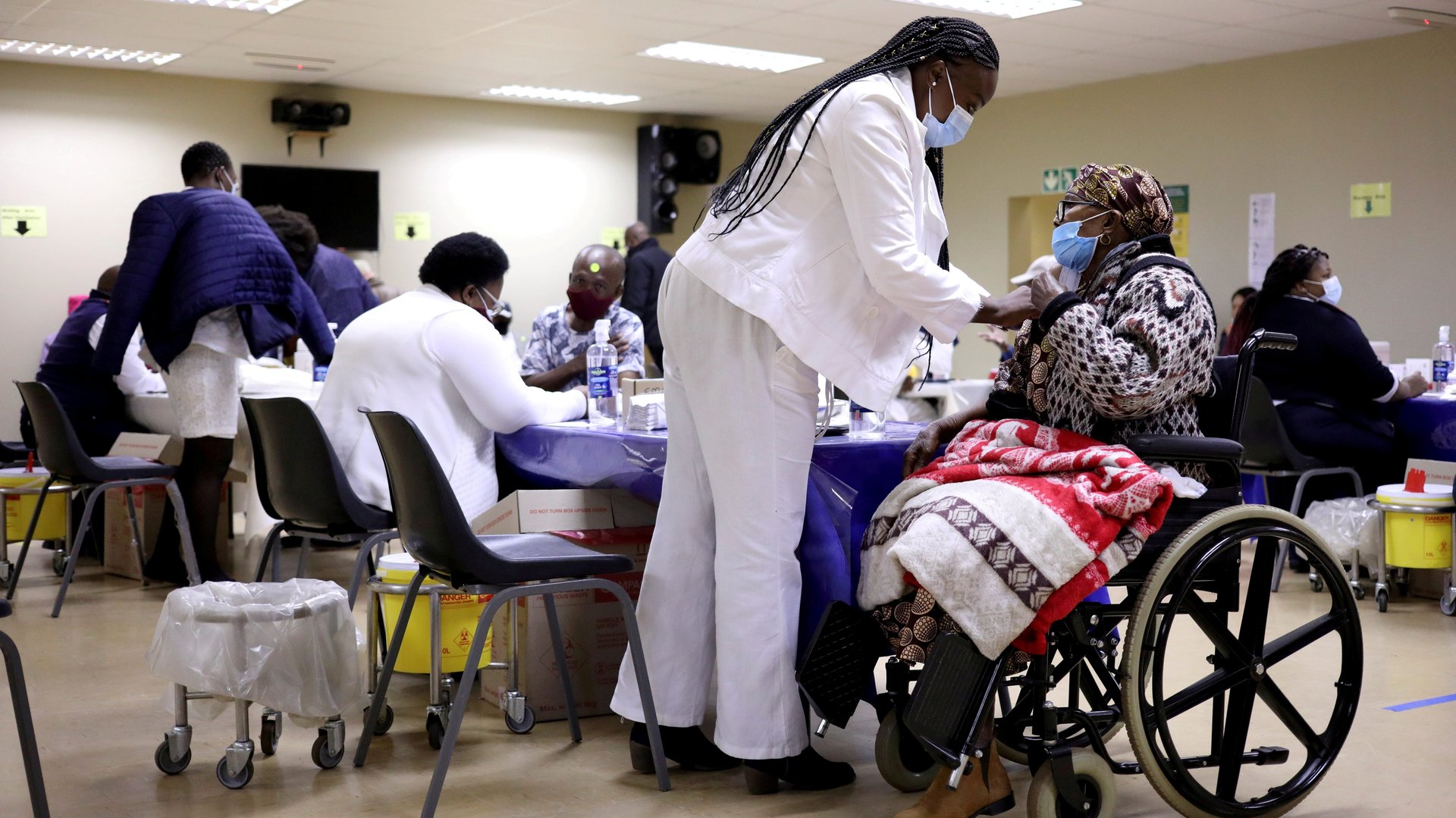

The delta variant has proven that vaccines are all too important in checking the global spread of Covid-19.
In countries with low vaccine coverage, Covid-19 cases have seen a sudden and sharp surge, much like India’s second wave during the months of April and May. The ongoing crisis in Jakarta, the capital of Indonesia, is an eerie reminder of Delhi’s struggle with oxygen shortages, mass funerals, and a vastly overwhelmed healthcare infrastructure in May.
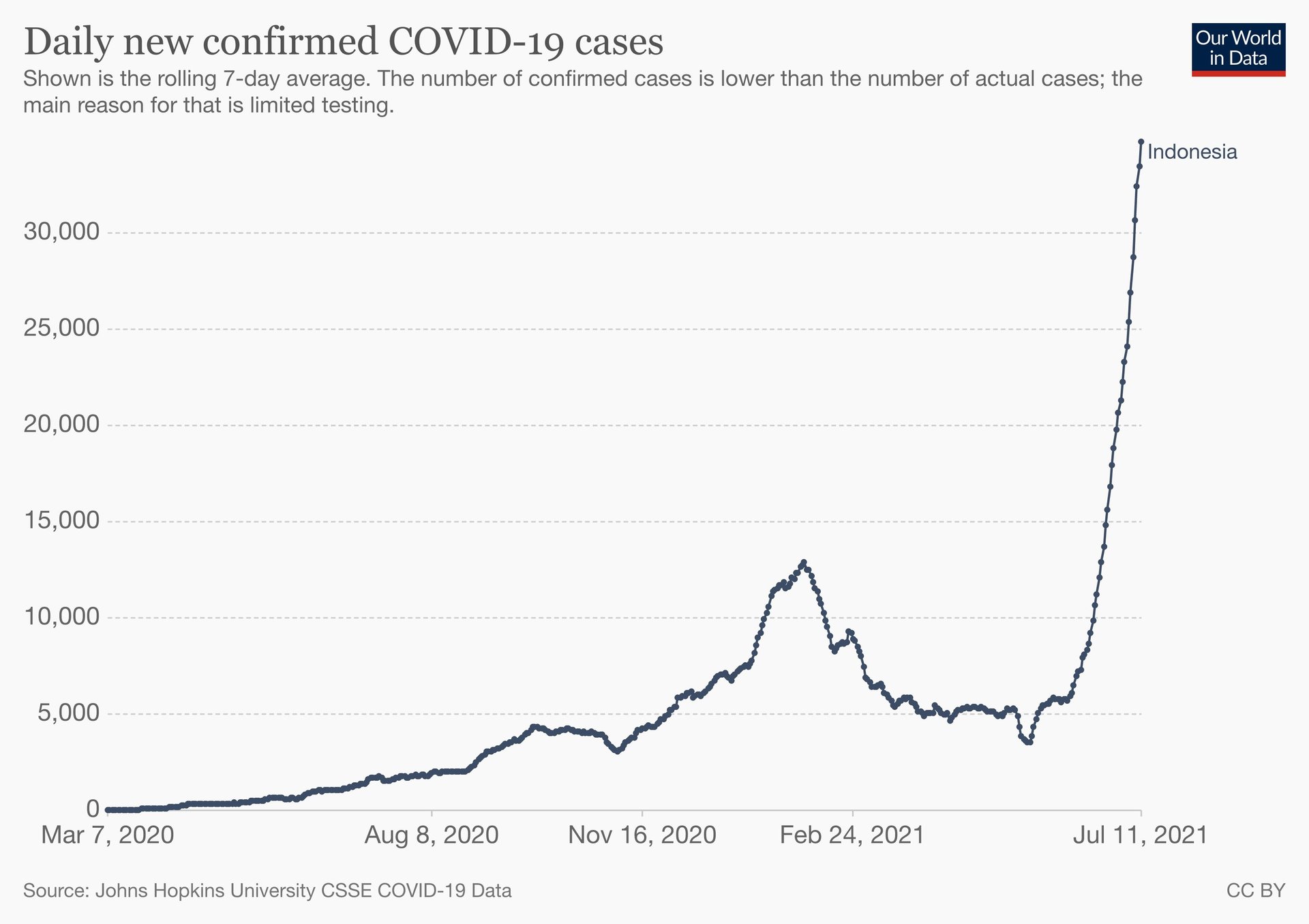
This surge corresponds with the dominance of the delta (or B.1.617.2) variant, which is now known to be more transmissible, more resilient, and reduce the efficacy of vaccines. The variant is also believed to be largely responsible for India’s second wave.
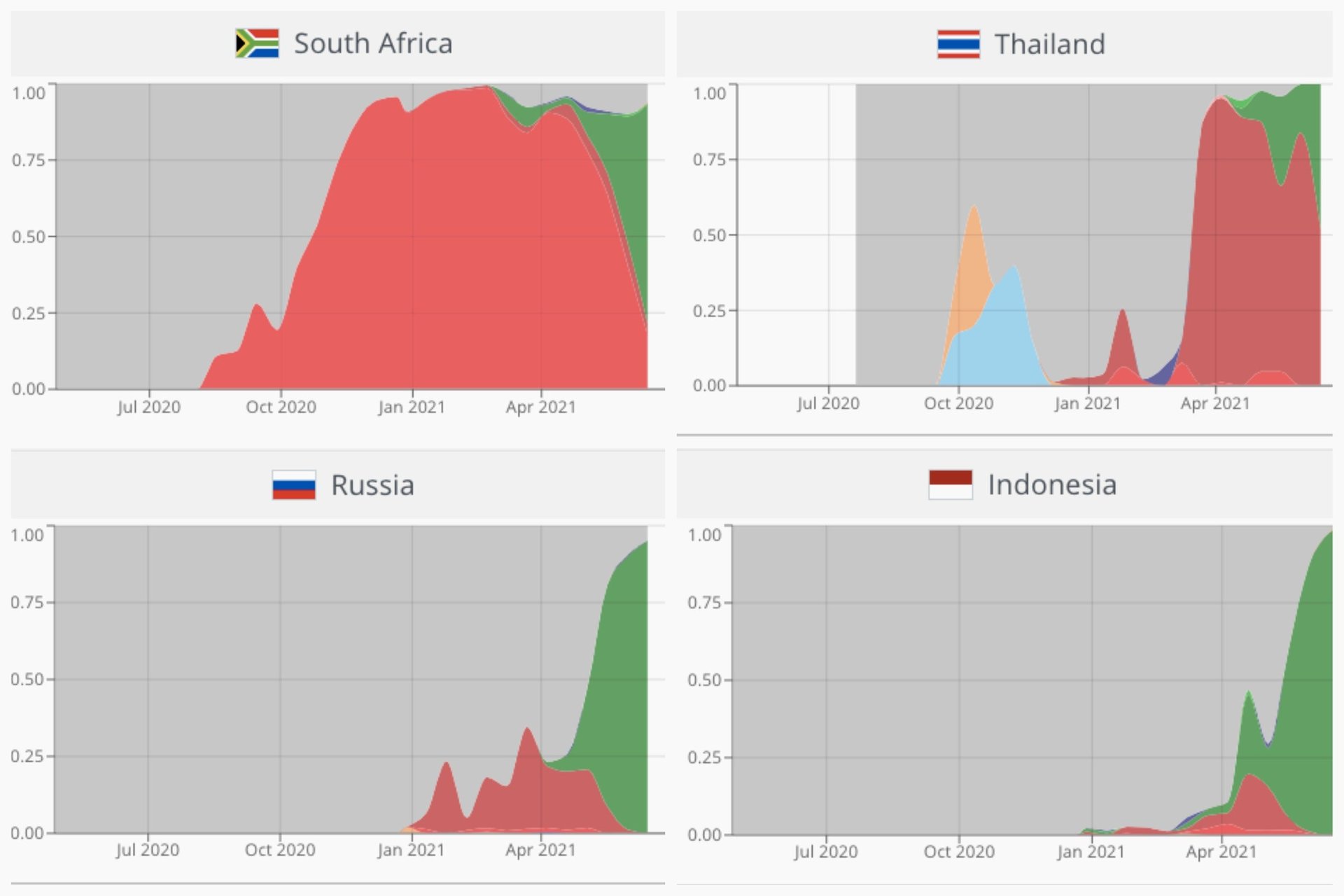
The delta variant rips through Asia
While vaccines may be less effective, they can be highly effective in preventing hospitalisations and deaths, data from the UK’s Public Health England have shown. Indonesia’s brutal wave also correlates with low vaccine coverage in the south Asian country, which has vaccinated—either fully or partially—only about 13% of its population.
Thailand, too, is grappling with similar vaccine shortages that have considerably slowed down its inoculation programme. Other low- and middle-income regions like the Philippines and Taiwan, too, have been hit by shortages of the AstraZeneca vaccine, a large portion of which are manufactured at the Serum Institute of India factory in India.
Owing to India’s own vaccine demands and a brutal Covid-19 wave, exports had been halted, impacting vaccine rollouts and the subsequent effects of the dangerous delta variant across the world. But AstraZeneca’s local manufacturing partners in countries like Thailand have also cited supply constraints.
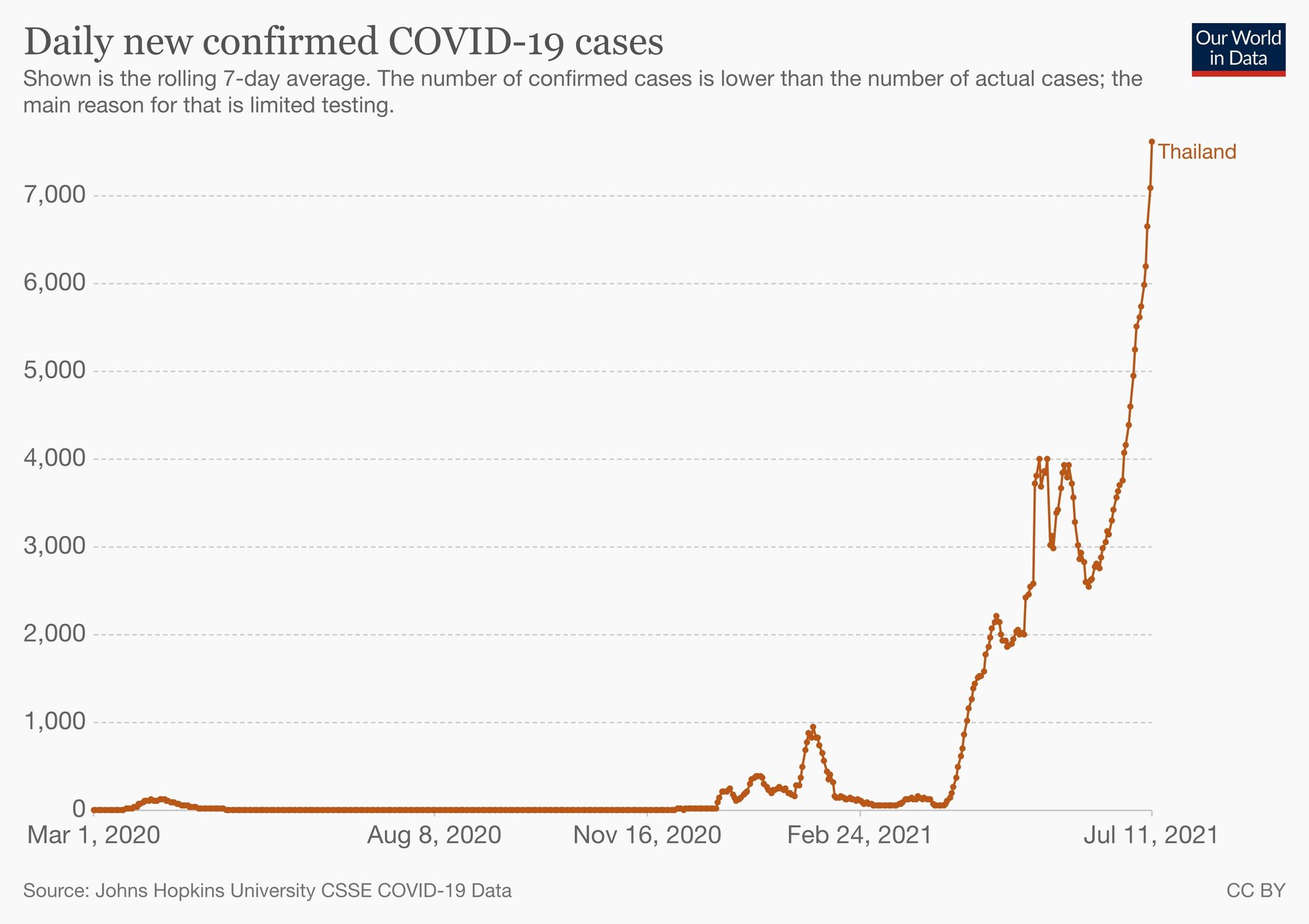
For Thailand, particularly, this could be bad news because this unchecked Covid-19 spread could derail its plan to reopen the country to vaccinated tourists in resort bubbles.
African countries and vaccine inequality
A slow vaccine rollout, partly owing to the global shortage even within vaccine-sharing initiatives like Covax and prevailing inequity, has been catastrophic for countries like South Africa. The country, much like its neighbours in Africa, has been reporting record-level surges in new Covid-19 infections. It has already surpassed its previous peak of nearly 22,000 cases in January with 26,000 on July 3.
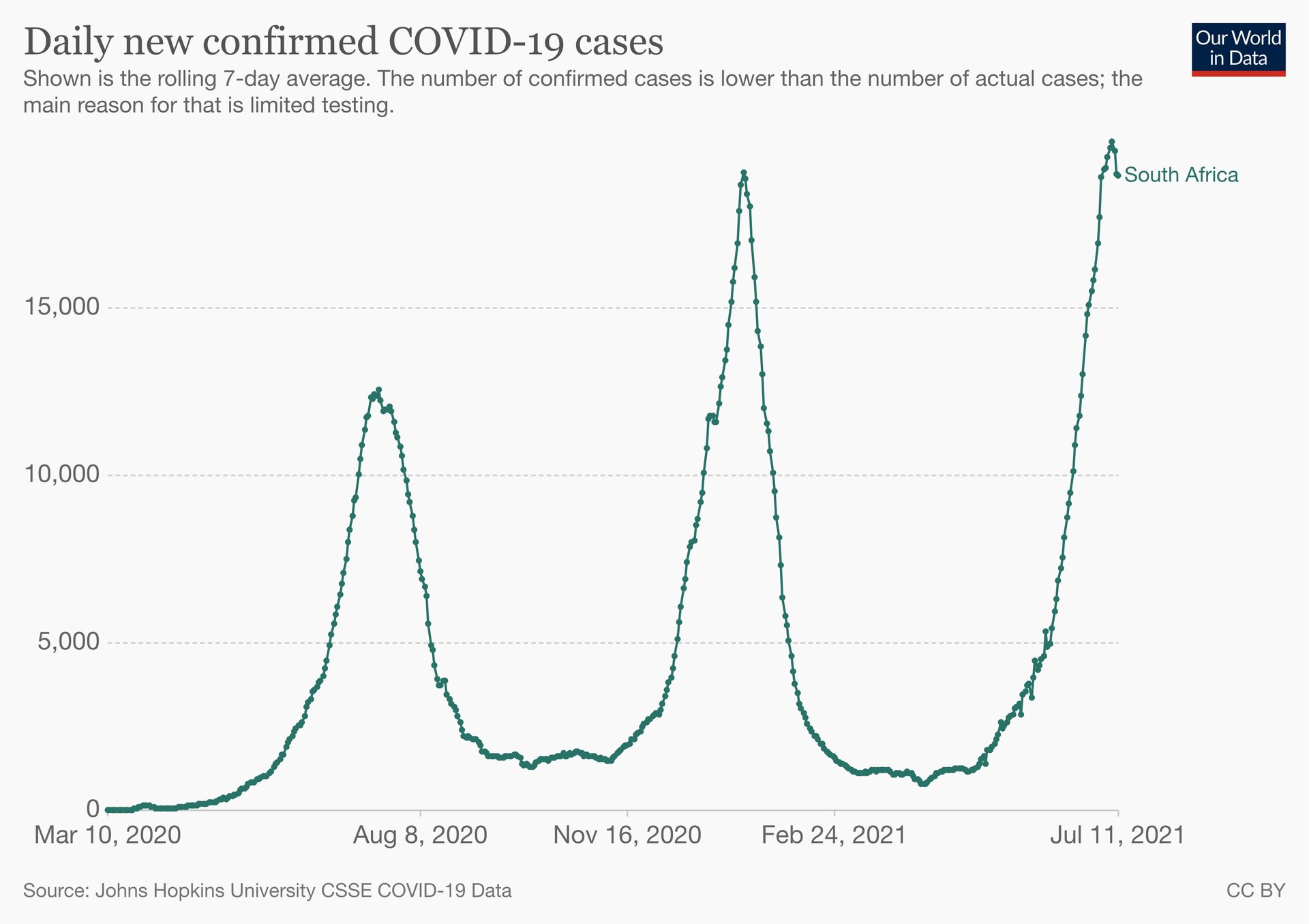
Despite housing just 4% of Africa’s population, South Africa now accounts for 35% of the continent’s cases. “Africa has just marked the continent’s most dire pandemic week ever. But the worst is yet to come as the fast-moving third wave continues to gain speed and new ground,” Dr Matshidiso Moeti, the World Health Organization’s regional director for Africa, told AP news.